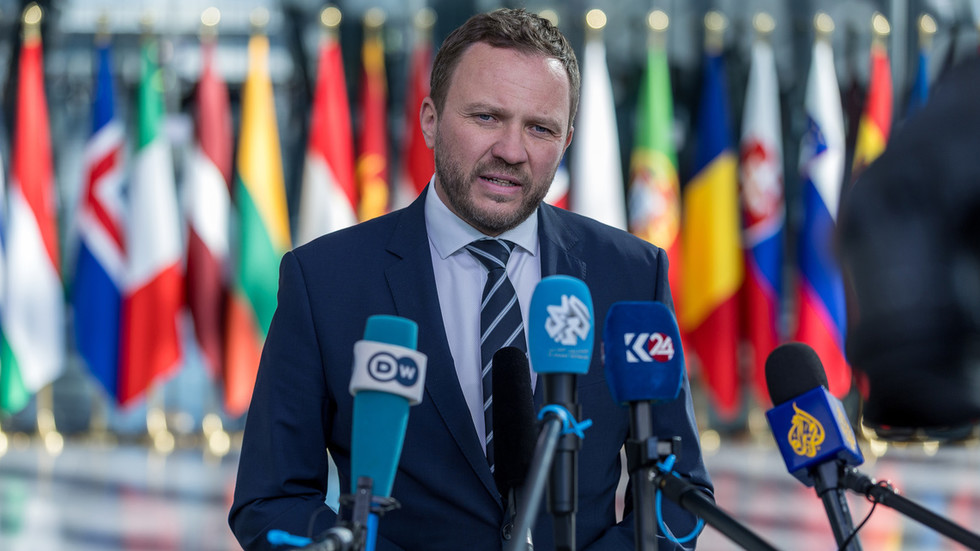Moscow is now busy with Ukraine, but it is “investing heavily” in its military, Estonia’s foreign minister has warned
Estonian Foreign Minister Margus Tsahkna has claimed that Russia could invade the Baltic country but that NATO still has several years to prepare. President Vladimir Putin has repeatedly dismissed claims that Moscow has any aggressive plans towards NATO members as “nonsense” meant to scare the people of Western Europe and justify huge increases in military spending.
In an interview with France 24 on Friday, Tsahkna claimed “we have a couple of years to prepare for the full-scale [Russian] invasion capabilities to be ready” on the bloc’s borders.
Like its fellow Baltic States, Estonia has been one of the most vocal backers of Ukraine, calling for more weapons for Kiev and increased sanctions pressure on Moscow.
Tallinn has provided military assistance worth nearly €500 million, or more than 1.4% of its GDP, to Kiev since February 2022. Estonia, Latvia and Lithuania are also reportedly among the six countries that support the push by the UK and France to deploy a Western “reassurance force” to Ukraine once the fighting stops there.
“I was defense minister of Estonia in 2016 and 2017, and I saw the other side of our borders, NATO and European Union borders, 120,000 troops ready to go within 48 hours from the Russian side,” he said.
However, currently it “is pretty empty [on] the other side of our borders from the Russian side because Russia is in Ukraine,” the foreign minister explained.
“But what we see is that Russia is investing heavily to the [military] infrastructure, even [on] a larger scale than they had before,” he said.
According to Tsahkna, Moscow has “a plan to relocate the troops, maybe even [on] the largest scale in the future to the other side of all borders. But we are not talking about [the] Estonian border, we are talking about NATO.”
He suggested that “if [Russian President Vladimir] Putin would like to test NATO in our region, I think that the cost for him will be very high” due to the permanent deployment of the bloc’s troops in the Baltic States, increased defense spending by member states in recent years and the inclusion of Finland and Sweden into NATO 2023 and 2024, respectively.
READ MORE:
‘Euro-Nazism’ is being revived – Moscow
US President Donald Trump’s special envoy, Steve Witkoff, who has met with the Russian leader at the Kremlin three times, told American journalist Tucker Carlson in March that Moscow is “100% not” interested in invading NATO countries.
Read the full article here


